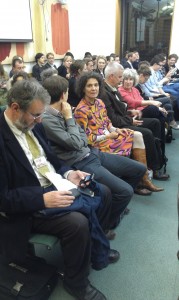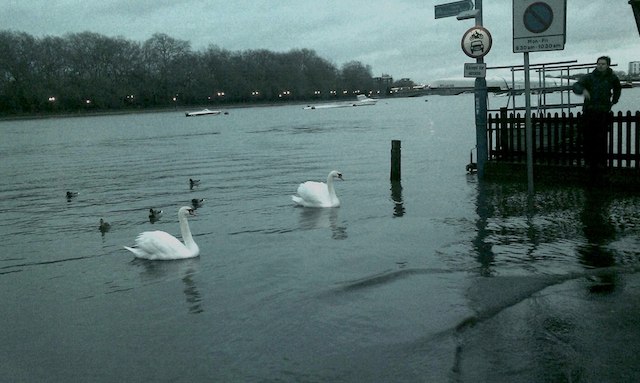Questions about ‘Money Puzzles
Some questions I’ve been asked about ‘Money Puzzles’, ahead of the first UK screenings in Crewe, London and Liverpool over the next few days.
 What are the origins of ‘Money Puzzles’ and how do they fit in with your background as a documentarist?
What are the origins of ‘Money Puzzles’ and how do they fit in with your background as a documentarist?
‘Money Puzzles’ is a sequel to ‘Secret City’ (2012), which is about the City of London—the square mile that has been described as ‘a state within a state’. ‘Secret City’ was made in the wake of the Occupy movement, which concentrated attention on the City as the Vatican of financial capitalism. ‘Money Puzzles’ reverses the perspective and looks outward, beyond the citadel of finance, towards the global system of financial capital of which the City is one of the principal agents.

